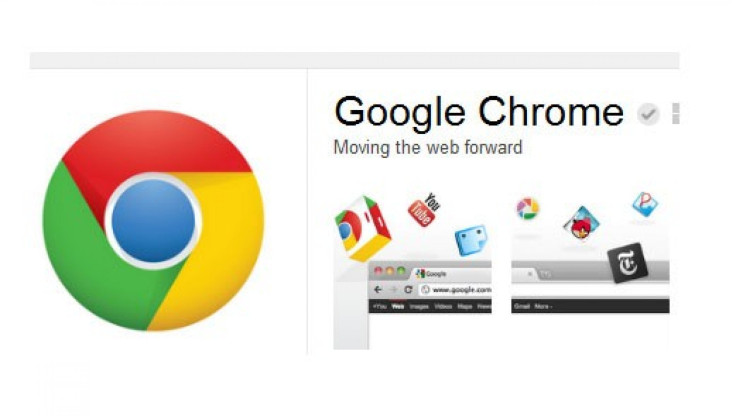Hack Chrome, Get $1 Million from Google

Want to win a million dollars? How about taking up the challenge of hacking Google Chrome. Google is making its voice be heard by awarding a $1 million incentive to persons who are capable of hacking Chrome. Awarding $1 million dollars just for hacking a browser is extreme, but then again, Google Chrome is not just a browser, it is also an OS, so this move by the advertising giant makes sense. Unless Google knows something hackers don’t, the company is setting itself up for a huge blunder, as hackers will walk away with everything.
Google’s CanSecWest security conference begins on March 7, 2012. This is where hackers can compete to win a share of $1 million in monetary prizes. Google can be confident because Chrome is the only browser that hasn’t been brought down at the conference. Hackers complain that this is due to Google’s security sandbox which is difficult to bypass. But now with $1 million up for grabs, hackers will put more effort into it and for the first time, Google Chrome might see itself fall.
“While we’re proud of Chrome’s leading track record in past competitions, the fact is that not receiving exploits means that it’s harder to learn and improve, wrote Chris Evans and Justin Schuh, members of the Google Chrome security team. To maximize our chances of receiving exploits this year, we’ve upped the ante. We will directly sponsor up to $1 million worth of rewards,” Google said in a recent blog post.
When it comes to payment, Google will award any hacker $20,000, who can exploit hackable bugs in Windows, Adobe Flash, or a device driver. If you want a bigger chunk of the pie, i.e. $40,000, you’ll have to find exploits that are on other browsers, but the flaws must be specific to Chrome. And, it doesn’t end there. The highest payout will be $60,000. To get this in your hand, Google requires that you only exploit bugs that are only in Chrome.
March 7, 2012 can’t come fast enough. We will be keeping a close eye on the event when it gets here, and report back on our findings.
(Reported by Vamien McKalin, Edited by Surojit Chatterjee)
© Copyright IBTimes 2024. All rights reserved.











